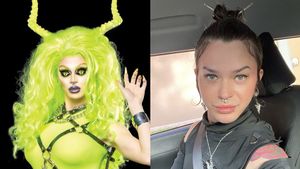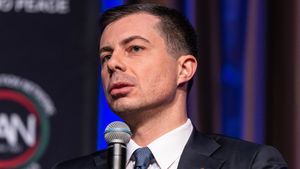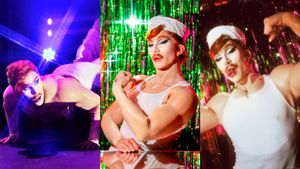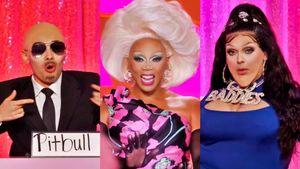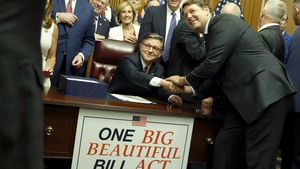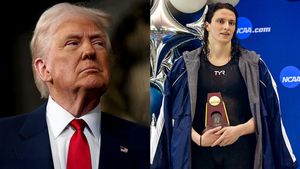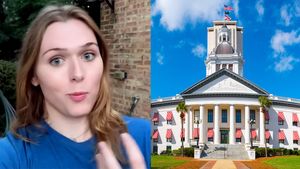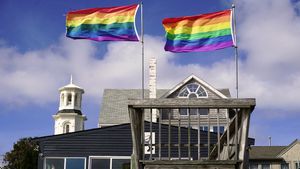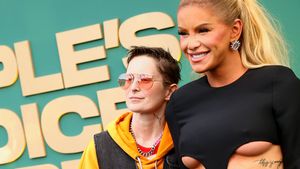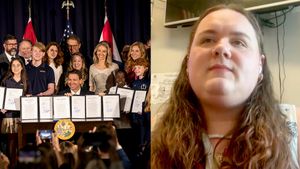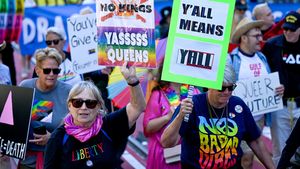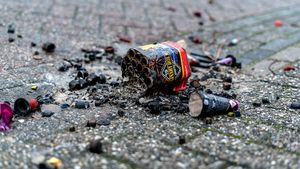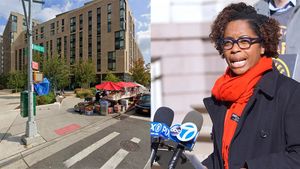The Covid-19 pandemic brought devastating societal repercussions for people off all ages, but education experts are saying that students suffered the most -- particularly students of color.
A study from the Journal of Education and Practice found that the pandemic had "adverse effects on education including, learning disruptions, and decreased access to education and research facilities, job losses and increased student debts." With instruction largely being moved online, many students have been "hindered by poor infrastructures including, network, power, inaccessibility and unavailability issues and poor digital skills."
As Covid cases decline, experts are now wondering how to bring test scores and information retention up once more. Some say averages in reading and math will not rebound until 2028, while others believe students may never recover.
As one of the hopefuls, education historian Diane Ravitch, told The Washington Post: “My hunch is that the downward slide in test scores can be overcome, not quickly, but in less time than the time stolen by the pandemic…My hope is that students will make up for lost time in a year or two if they have experienced teachers and stability — no school closures or disruptions.”
In-person learning has proven to be crucial for students, especially early in development. According to Michael J. Petrilli, president of the Thomas B. Fordham Institute, younger pupils risk falling behind in later years due to what they miss in the beginning stages of their education.
“Not only do we have to consider the serious negative consequences of the pandemic and school closures on kids who were school-age during 2020-22, but also how the crisis impacted children ages 0 to 5,” he said. “There’s some evidence that many of those kids suffered developmental delays and missed out on high-quality child care and preschool experiences, meaning they will come into school further behind as well.”
Harvard University education expert Paul E. Peterson cited a study from Austria and Switzerland following World War II, where students whose schools closed because of the conflict felt the effects for the rest of their lives.
"Those who lost years of schooling never recovered, judging by earnings received in adulthood," Peterson said.
To recover from the disparities in education would require that school districts address the inequalities that were present before the pandemic, said Eva Moskowitz, executive of the Success Academy charter schools in New York City. Moskowitz shared that low-income students, a majority of whom are Black, have suffered long before Covid-19 first reached the City.
“In 2019, just 15 percent of Black eighth-graders were at or above reading proficiency," she said. "Low-income children of color deserve better, much better."
Kinnari Patel-Smyth, acting president of the KIPP Foundation, which manages the biggest charter school network in the country, believes that local, state, and national governments need to invest more in education to solve these disparities.
“Moving forward in this recovery means that federal and state politicians need to prioritize educational spending, at least for another decade,” she said. “It means we need to work harder to ensure every child is a strong reader. It means we need to address the trauma caused by this pandemic and the inequities in this country.”







